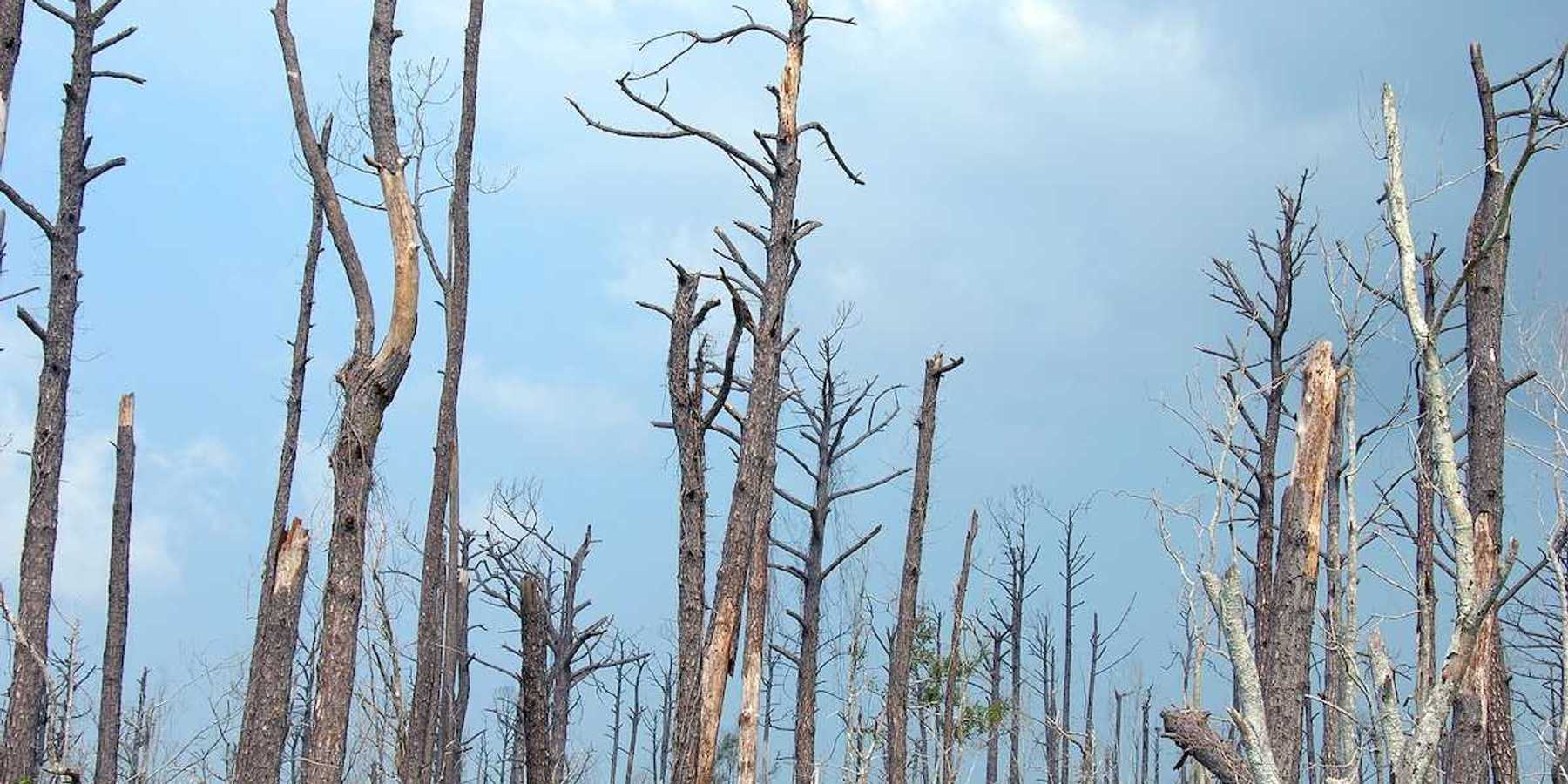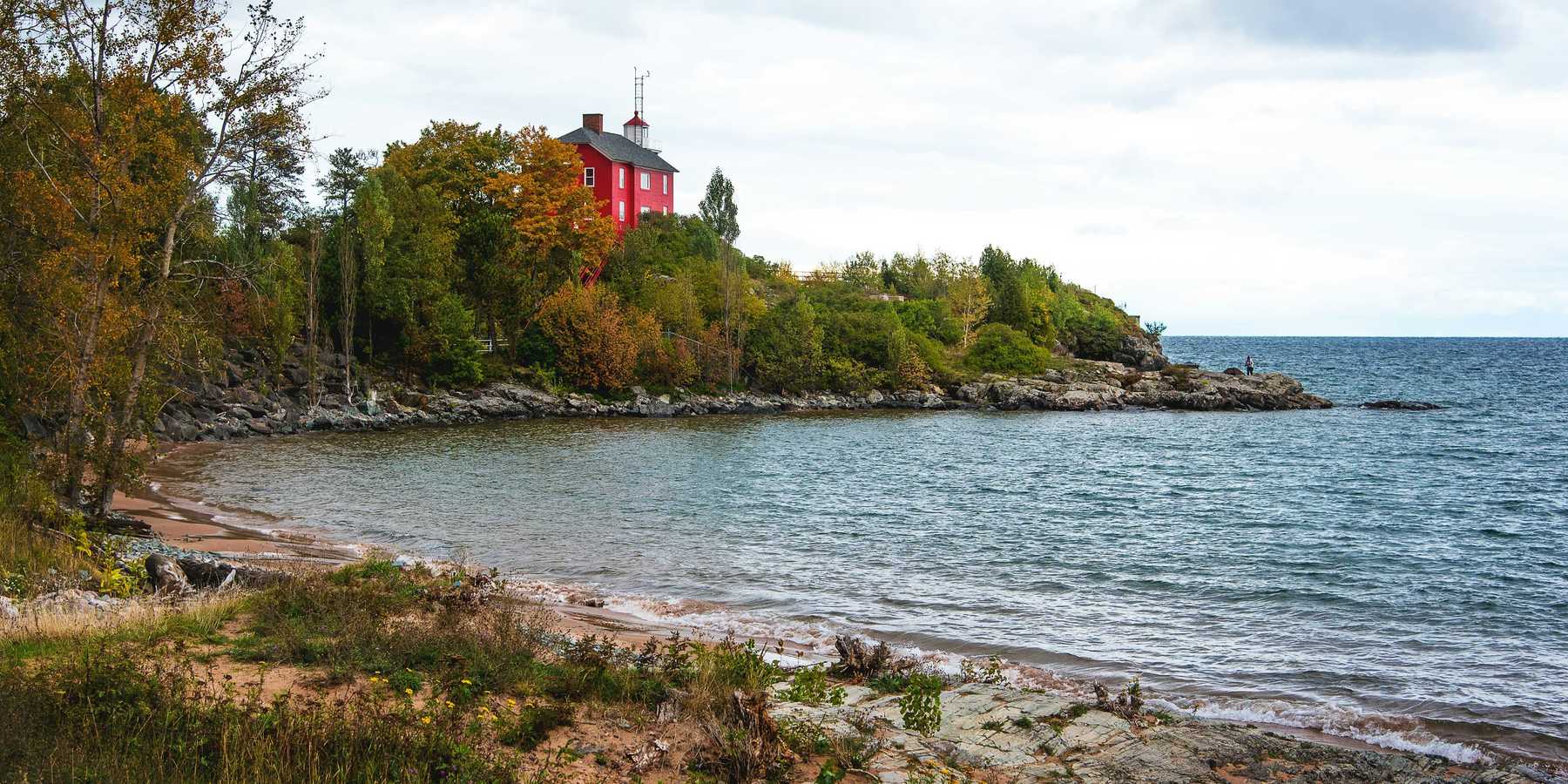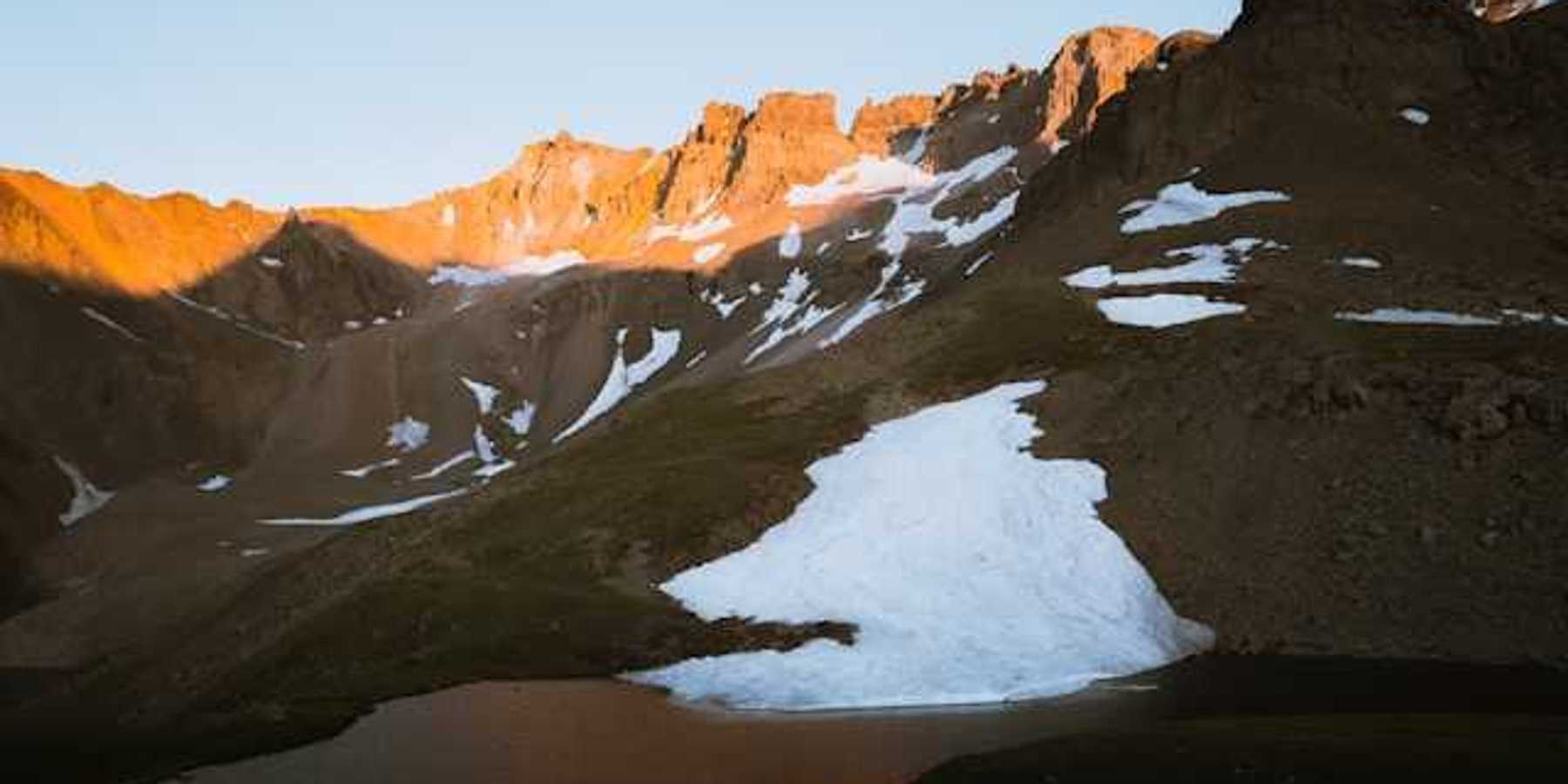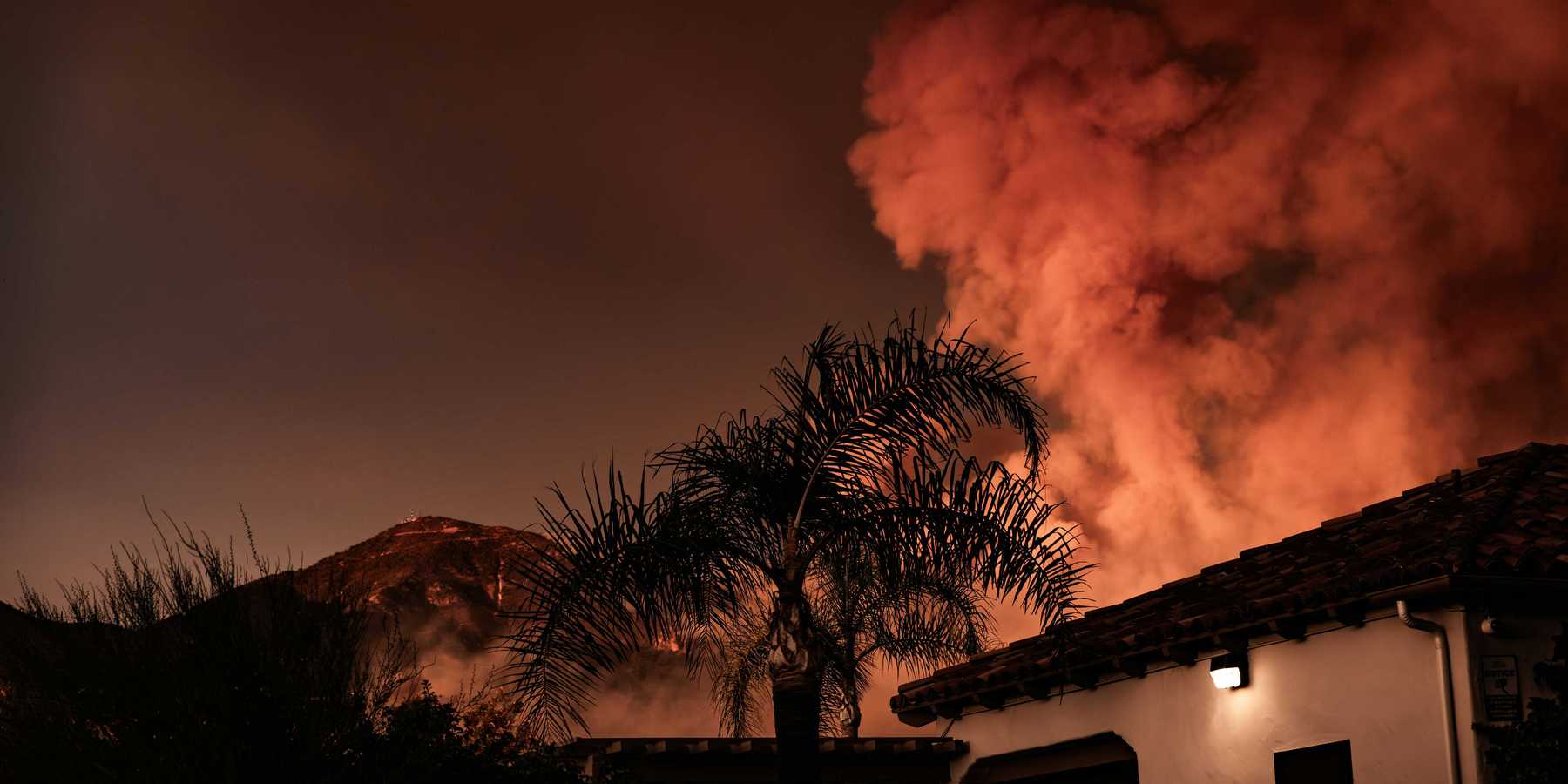Scientists revise timeline for possible collapse of key Atlantic ocean current
The Atlantic current system that helps regulate global climate may be weakening slower than some previous studies predicted, though uncertainty remains about when — or if — it could reach a tipping point.
Rebecca Egan McCarthy reports for Grist.
In short:
- The Atlantic Meridional Overturning Current (AMOC), which helps distribute heat and nutrients globally, is weakening, but new studies suggest a slower pace than previously feared.
- Recent modeling finds the current could decline by 18-43% by 2100, with collapse possibly pushed beyond this century; earlier studies predicted a midcentury breakdown.
- Scientists caution that data gaps and limitations in climate models, particularly regarding Greenland meltwater, could lead to overconfidence in optimistic projections.
Key quote:
“You cannot adapt to this.”
— Peter Ditlevsen, ice and climate researcher, University of Copenhagen
Why this matters:
The AMOC is one of Earth’s most powerful drivers of climate, redistributing heat from the tropics to the poles and regulating weather patterns across continents. A collapse would redraw the world’s climate map: Some regions would freeze, others would dry out or flood. Its weakening threatens food production, biodiversity, and the stability of coastlines, especially on the U.S. East Coast. Scientists say even partial slowdown could trigger sharp sea level rise and disrupt carbon absorption by the oceans, accelerating global warming. Yet predictions remain deeply uncertain, partly because we’ve only been closely tracking this system since 2004, and many of the forces shaping it, like Greenland’s melt, are themselves evolving fast.
Learn more: Polar ice melt may collapse key ocean current by 2050, scientists warn













